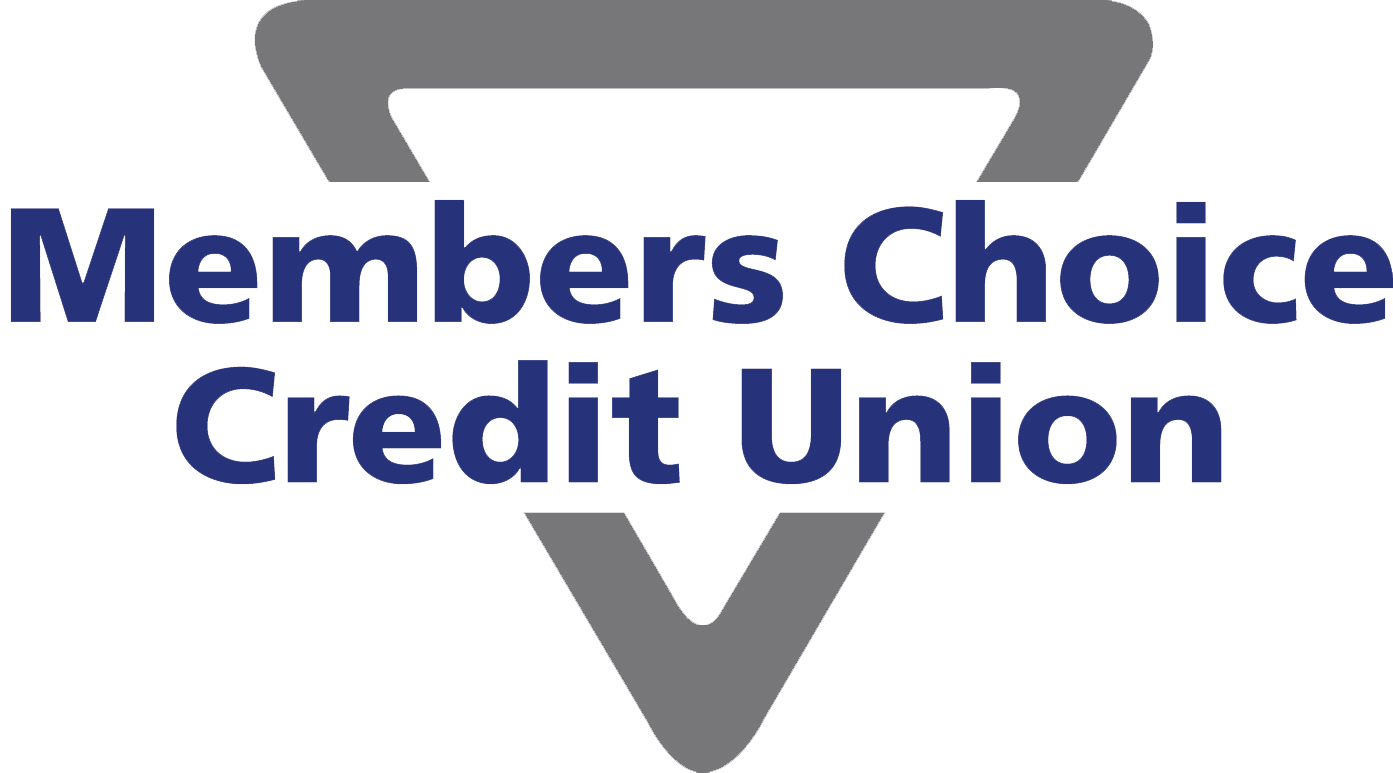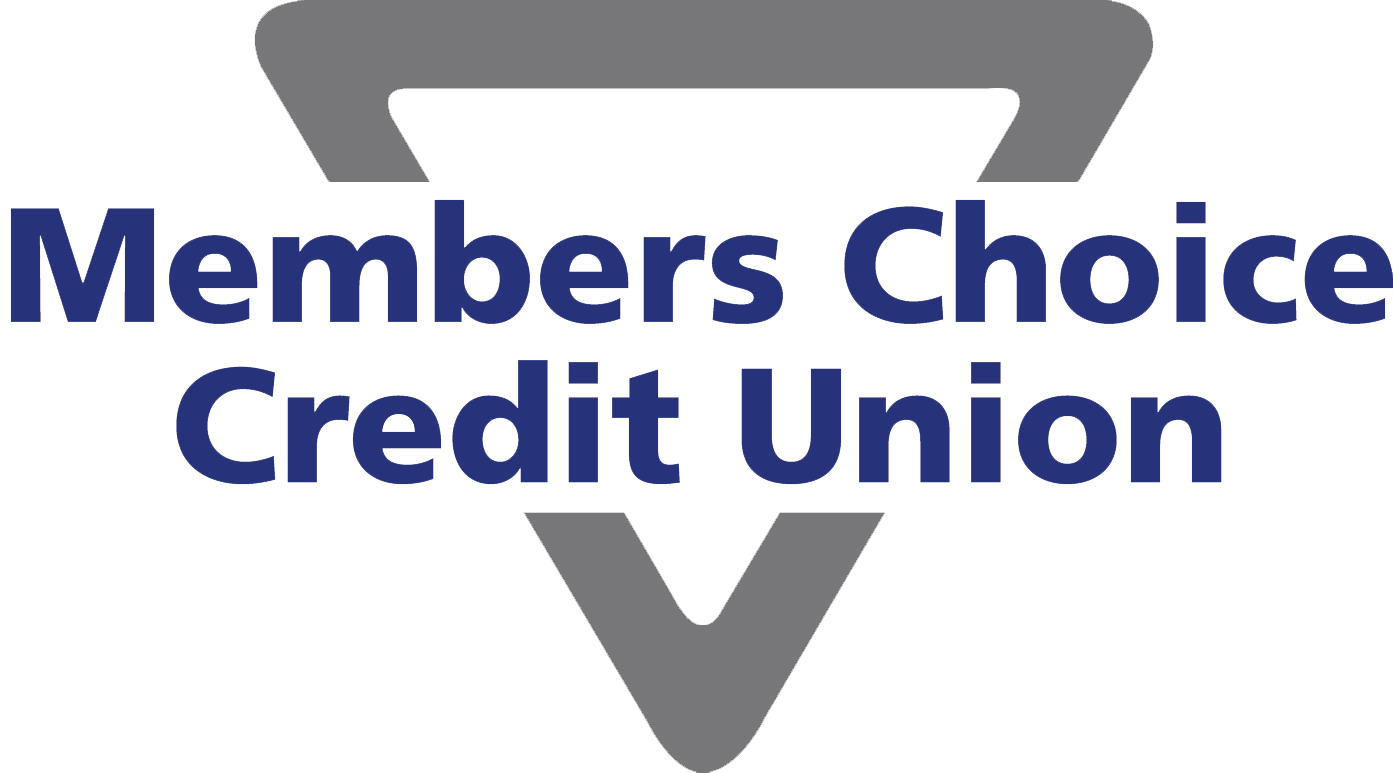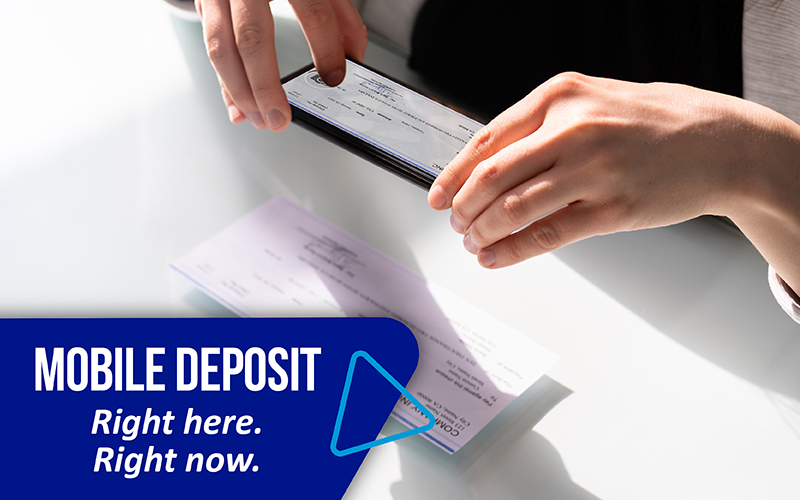The Promises and the Perils of Buy Now, Pay Later
Buy now, pay later (BNPL) programs almost seem too good to be true. You can walk away with that overpriced exercise bike, entertainment system, sectional sofa, or anything else that caught your eye without having the money to pay for it now. And there are almost no eligibility requirements to qualify.
However, upon closer inspection, BNPL isn’t as great as it may appear. Let’s look at these programs, how they work and what to be aware of before you sign up.
How BNPL works
Gotta have it but don’t have the cash right now? You’re not alone. It’s the reason you’ll find a buy now, pay later button when checking out at most online retailers. Usually, the option will link you to a BNPL app, such as Afterpay, Affirm, or Quadpay. Similarly, a brick-and-mortar store may offer you this option at checkout as well. Here, too, you’ll pay up through an affiliated app.
If you choose to go with a BNPL option, you’ll first need to get approved. Eligibility is easy; apps will usually run just a soft credit check to confirm your information. Once approved, you can choose to link your debit card, checking account, or credit card so the app can collect the payments when they’re due. Next, you’ll generally make a 25% deposit on the purchase, and the item is yours! Most BNPL plans require you to pay off the rest in three fixed installments, but payment schedules can vary.
On the surface, BNPL is a win-win: By spreading out the cost of an expensive item, the consumer can purchase what they can’t afford at the moment, while retailers can make more sales by getting these costly items into the hands of more consumers, often regardless of income levels.
It’s important to note, though, that BNPL programs don’t work like credit cards. There are no interest charges for paying via BNPL, no fees for using the service, and no credit checks to qualify.
When to choose BNPL
The primary advantage of paying for purchase through a BNPL service is also its most obvious: You can purchase an expensive item even if you don’t have the cash-on-hand at the time. This can be convenient when the item is on sale now but will be full-priced by the time you’ve saved up for the purchase.
BNPL programs can also be an excellent choice to use for items you urgently need but can’t afford right now. For example, you may require medical equipment that is not covered by your insurance.
Finally, spreading out the cost of a purchase can be ideal for workers with an uneven income flow, such as independent contractors and freelancers, who may have lean times of the year, but know that better times are coming.
Why BNPL can be a bad idea
Before you click on the BNPL option when making your next purchase, it’s essential to be aware of the many pitfalls:
It encourages overspending. Perhaps the most significant danger of embracing the BNPL life is that it makes it too easy to overspend. After all, if you’ll only be paying a small part of the purchase price today, why not buy it now?
Missed payments are penalized. If you miss a BNPL payment, the honeymoon is over. Some services will slap an interest charge on your outstanding balance, with rates as high as 40%. Other programs will charge a one-time late fee, which can be as high as $39. Still, others will tack on an extra fixed fee to all subsequent payments.
It can kill responsible financial habits. For many people, falling into the trap of BNPL can mean the beginning of the end of their financial responsibility. For one, if a consumer has purchased multiple items through BNPL programs, the monthly payments will not be so minimal. The payments will need to be factored into a budget and eat into other categories, like savings. In contrast, when a consumer saves up for a purchase, the money generally comes out of their monthly budget for short-term savings and does not affect other categories.
Buy now, pay later programs can be super-convenient, but they also present risks for the uninformed or distracted buyer. Use with caution!




